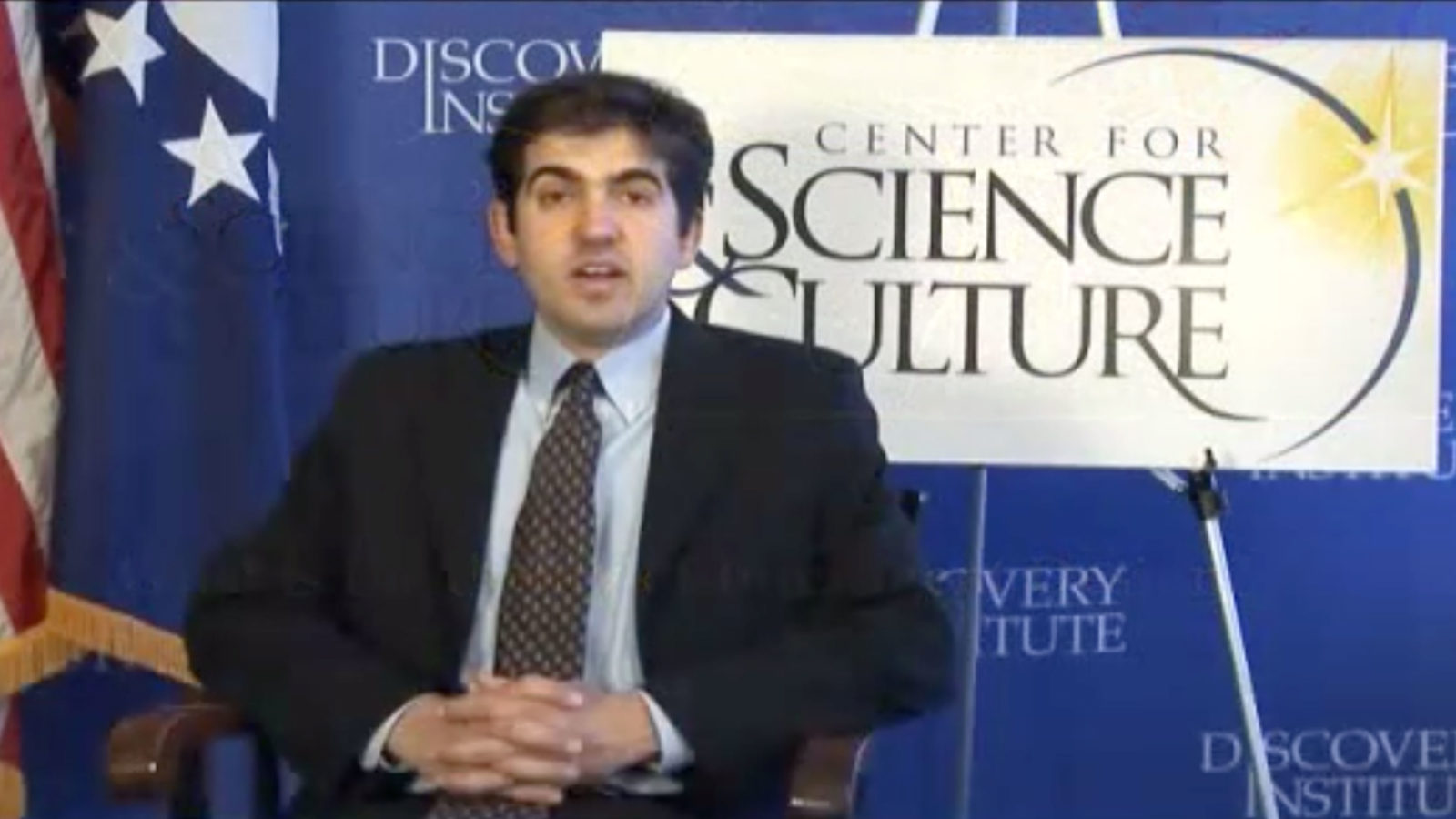Keynote address delivered at RAPID Conference (Research and Progress in Intelligent Design), Biola University, La Mirada, California, 25 October 2002. The aim of this conference was to examine the current state of intelligent design research.
Recently I asked a well-known ID sympathizer what shape he thought the ID movement was in. I raised the question because, after some initial enthusiasm on his part three years ago, his interest seemed to have flagged. Here is what he wrote:
An enormous amount of energy has been expended on “proving” that ID is bogus, “stealth creationism,” “not science,” and so on. Much of this, ironically, violates the spirit of science. The proof of the pudding is in the eating. But on the other side, too much stuff from the ID camp is repetitive, imprecise and immodest in its claims, and otherwise very unsatisfactory. The “debate” is mostly going around in circles. The real work needs to go forward. There is a tremendous ferment right now in the “evo/devo” field, for instance. Some bright postdocs sympathetic to ID (and yes, I know how hard a time they would have institutionally at many places) should plunge right into the thick of that. Maybe they are at this very moment: I hope so!
Every now and again we need to take a good, hard look in the mirror. The aim of this talk is to help us do just that. Intelligent design has made tremendous inroads into the culture at large. Front page stories featuring our work have appeared in the New York Times, L.A. Times, Wall Street Journal, San Francisco Chronicle, and so on. Television, radio, and weeklies like Time Magazine are focusing the spotlight on us as well. This publicity is at once useful and seductive. It useful because it helps get the word out and attract talent to the movement. It is seductive because it can deceive us into thinking that we have accomplished more than we actually have.
Two animating principles drive intelligent design. The more popular by far takes intelligent design as a tool for liberation from ideologies that suffocate the human spirit, such as reductionism and materialism. The other animating principle, less popular but intellectually more compelling, takes intelligent design as the key to opening up fresh insights into nature. The first of these animating principles is purely instrumental — it treats intelligent design as a tool for attaining some other end (like defeating materialism). Presumably if other tools could more effectively accomplish that end, intelligent design would be abandoned. The second of these animating principles, by contrast, is intrinsic — it treats intelligent design as an essential good, an end in itself worthy to be pursued because of the insights it provides into nature.
These animating principles can work side by side, and there is no inherent conflict between them. Nonetheless, there is a clear order of priority. Unless intelligent design is an intrinsic good — unless it can be developed as a scientific research program and provide sound insights into the natural world — then its use as an instrumental good for defeating ideologies that suffocate the human spirit becomes insupportable. Intelligent design must not become a “noble lie” for vanquishing views we find unacceptable (history is full of noble lies that ended in disgrace). Rather, intelligent design needs to convince us of its truth on its scientific merits. Then, because it is true and known to be true, it can become an instrument for liberation from suffocating ideologies — ideologies that suffocate not because they tell us the grim truth about ourselves but because they are at once grim and false (Freud’s psychic determinism is a case in point)….
Read More ›
